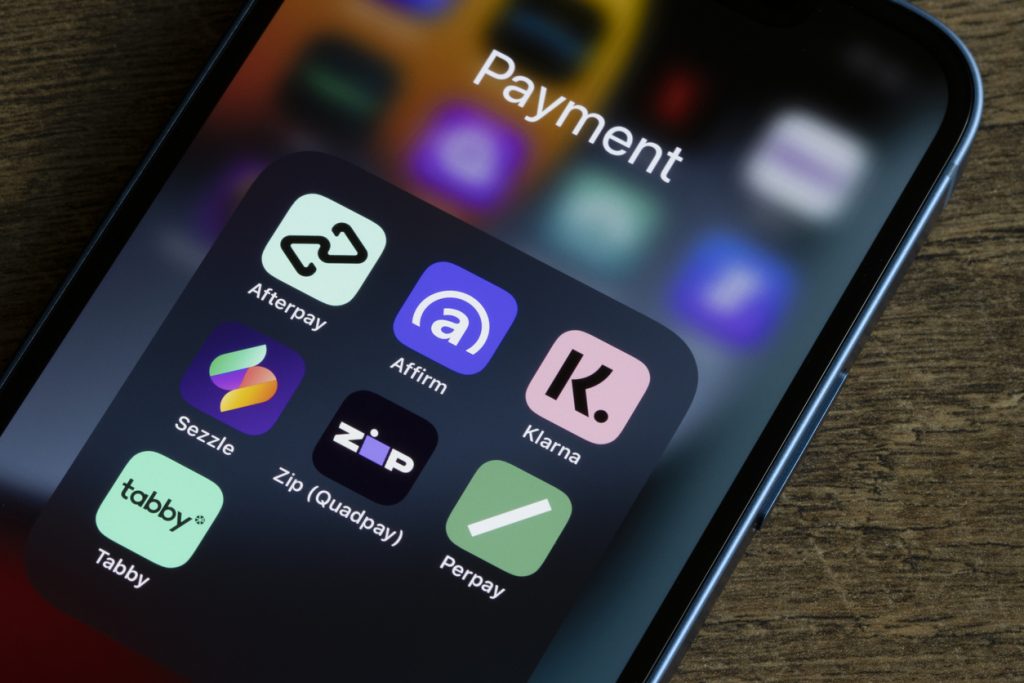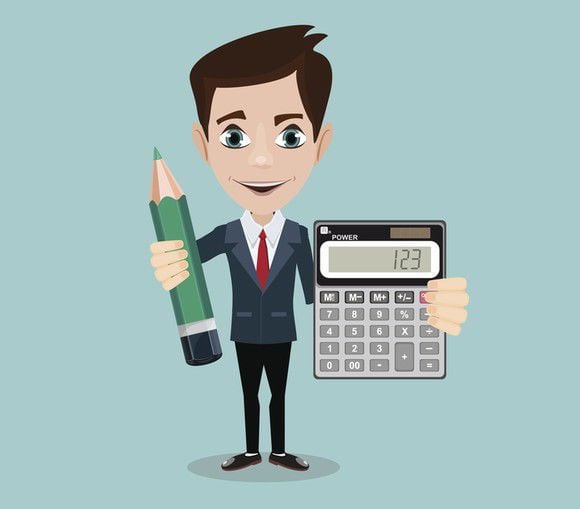Buy Now Pay Later Companies Change Terms
Why the change in terms? Well, it’s all about becoming fairer and easier to understand too. And the change comes after a review by the FCA (Financial Conduct Authority), which later encouraged companies to make changes to terms that were possibly harmful to consumers.
It turns out that Klarna, Laybuy, Openpay, and Clearpay must:
- No longer suspend customer accounts without notice (for absolutely any reason).
- Clearpay, Openpay, and Laybuy will all refund late fees charged to certain customers under specific circumstances.
The FCA reviewed the four major players in the BNPL industry, and they voluntarily agreed to adjust their terms. Read on to learn what the FCA announced regarding terms changes and see if you’re eligible for a refund.
Contents
Late Payment Fee Refunds
Before the terms changed, if a client returned their order, they would need to continue settling monthly instalments until the retailer informed the BNPL company that the items had been received and the refund had been processed.
Some customers found this problematic – in some instances, customers felt they were unfairly charged even though the items were no longer available, or the retailer had not let the BNPL company of their refund.
According to the FCA announcements, loan agreements terminate when customers return the goods – this is in line with the regulations set out by the Consumer Contracts Regulations 2013. While this is now the rule in place, some customers were previously charged late fees after cancelling their orders. These individuals are now owed a refund.
Are You Eligible For A Refund?
If you’re a customer of Clearpay, Openpay, or Laybuy, and have been charged a late fee even after cancelling your full order, you are eligible for a refund. However, if you only returned a portion of the items ordered, you won’t be eligible for a refund. Much the same, Klarna doesn’t impose late fees, so refunds do not apply to Klarna customers.
Clearpay has gone the extra mile to ensure that customers who have been charged fees are assisted. For starters, they have begun processing automatic refunds. They have also uploaded a page with further information for customers on their website.
In addition to this, they have effectively edited their terms and conditions to depict better processes and rules about account closures, returns, and refunds. Of course, if you are unsure if you’re eligible for a refund, you can contact the BNPL company directly.
Additional Changes To BNPL Company Terms
It’s not just the refunding terms that have changed for buy-now-pay-later companies. Some of the other changes include the following:
Previously, BNPL companies could suspend or close a customer’s account without notice for any reason. Alternatively, they could restrict access to their account. According to the FCA, this particular term is too broad and more definitive rules need to be created.
- Cancelling Of Automatic Direct Debits Or CPAs
Until recently, the terms for cancelling a CPA (Continuous Payment Authority where regular payments can be deducted from a credit/debit card) were unclear. However, the FCA found that BNPL companies didn’t have obvious terms for cancelling CPAs and advised that cancellation terms be rewritten to be more straightforward.
While some BNPL companies have allowed customers to pause payments when returning goods, not all have always been on board. The FCA has now made it a contractual right for customers to pause payments when returning orders.
The FCA has advised that set-off rights need to be made more explicit. For example, if the lender owes customers any money, the customer has the right to deduct that amount from upcoming instalments. Previously, the lender was able to reject this option – that is no longer the case.
Will The Changes Genuinely Make A Difference?
Kev Tilley, founder of Mortgageable, commented: “One of the biggest downfalls of Buy Now Pay Later companies is that they don’t clearly communicate the risks involved in using their schemes.”
“Most retailers provide shaky information on expected late fees, credit checks and payments.”
In addition, some of the retailers didn’t advertise any information on how late fees and credit checks work on their checkouts or explainer pages, which poses a certain amount of risk to the customer. Making changes to the BNPL terms and conditions is certainly a step in the right direction.
Due Diligence Before Using BNPL Services
Making use of a buy-now-pay-later is undoubtedly convenient. Still, the customer has a particular responsibility to do their due diligence before entering any form of financial contract (or any contract).
Due diligence should entail the following:
- Understand the terms and payment options as each BNPL firm may have different options available. For example, some BNPL firms offer terms of 3 to 36 months, whereas others split the costs into four payments that are due every fortnight. If you know one BNPL firm’s payment options, you don’t automatically know the terms of other BNPL firms.
- Familiarise yourself with the returns policy and the account cancellation terms. Know the process and whether it works against you or in your favour before signing a new contract.
- Check your credit/debit card will work with the service as not all providers accept BNPL programmes.
- Ensure to update yourself with the late fees or penalties that are possible. You may be unpleasantly surprised if you’re a little late on a payment or settle your account early.
- Be reasonable with your budget. Don’t take on expenses you can’t afford, which will lead to financial discomfort and possibly even penalties and fees.
Final Thoughts
The BNPL word is changing to be more convenient and fairer to both customers and providers. The onus is on both customer and lender to ensure that the contract is handled according to regulation, and it seems the FCA’s changes and recommendations are warmly welcomed.
Source By https://www.lawyer-monthly.com/2022/04/buy-now-pay-later-companies-change-terms/



